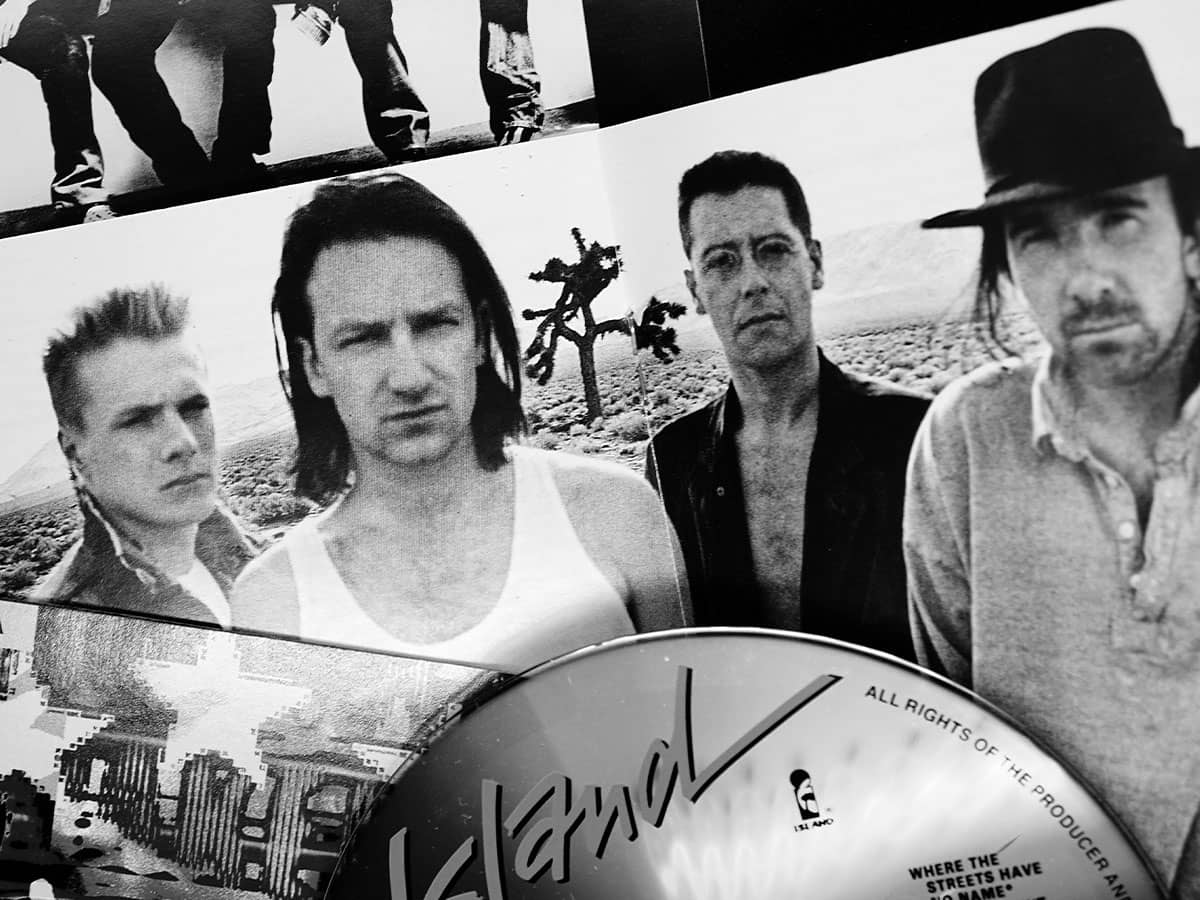From the Tallahassee, Fla., band's first disc, "My Own Prison," it was clear Creed's songs were written by someone who had spent some time in Sunday school--and that was all many Christians needed to know to claim Creed as one of their own. Kids in youth groups across the country introduced songs like "Higher" into their churches and hoped that in the band's lead singer, Scott Stapp, they had found a cool Christian role model. But the band wasn't quite ready to strap on What Would Jesus Do? bracelets and play at youth rallies.
It's true that Stapp knows his way around a church sanctuary, but his strict religious upbringing (electric guitars were just one of many things forbidden by Stapp's devoutly Pentecostal parents) and expulsion from a small Christian college in Tennessee left him with more questions than answers. He turned to music to make sense of it all, and the result was a deeply personal collection of songs that addresses spirituality more honestly than much of what is currently on the Christian music charts.
For all his insight, though, Stapp admits he still has a ways to go himself. "Those references were made at a time in my life when I was questioning how I was raised and searching for where I stood concerning those issues," Stapp explains in a statement on the band's official site (www.creednet.com). "This is not to say I have abandoned those beliefs, [I'm] just searching for where they fit into my life."
That kind of searching makes some people uncomfortable. Devout Christians want a firmer statement of faith than Creed seems willing to give. The band, its lyrics--even the appropriateness of a cover shoot for Spin magazine's September issue, in which the guys appeared shirtless--have caused dissent and debate in Christian Internet chat rooms and message boards.
But for every negative post, there are four or five positive ones. Message threads titled "In Defense of Scott Stapp" and "Pray for Creed" show compassionate support for the band and Stapp's struggle to come to terms with his beliefs. It also proves that many Christians are willing to evaluate Creed's music based on its merits and admit the band's songs inspire them, no matter where Stapp was in his spiritual journey when he wrote them.
If the kids are willing to accept them, their gatekeepers may not. The band's fuzzy-around-the-edges faith may make Creed a hard sell to Christian radio, whose programmers tend to be a bit more straitlaced. In a world that is dedicated to being "family friendly," Creed has not earned points by sharing a stage with Metallica, Kid Rock, and Van Halen. Some may also take it personally that Creed doesn't want to be officially linked with them.
But according to Rick Hendrix, the man charged with promoting Creed to Christian stations, the effort has more to do with people than peddling more CDs. "Wherever their music can go to help people, that's what they want it to do," Hendrix says. And so far, only a couple of the 33 or 34 Christian rock stations they've approached weren't interested in playing Creed.
So whatever their official spiritual posture, Creed has shown an ability to keep focused on what's important. There's the With Arms Wide Open Foundation, which Stapp started with $25,000 from his own pocket to offer help and hope to families. Not to mention a collection of honest songs about real life. If Stapp & Co. create their new album with same priorities, Creed fans, Christian or otherwise, aren't likely to be disappointed in the band.
Back to Beliefnet @ The Grammys

